Government of Canada Confidentiality Agreement
The Government of Canada Confidentiality Agreement: A Guide
Confidentiality agreements play a critical role in protecting sensitive information. In the case of the Government of Canada, confidentiality agreements are a necessary measure to safeguard national security and maintain a high level of trust with international partners. This article will provide a thorough guide on the Government of Canada Confidentiality Agreement, its requirements, and its significance.
What is a government of Canada confidentiality agreement?
A confidentiality agreement is a legal contract that binds two parties to keep confidential information private. In the case of the Government of Canada, a confidentiality agreement is a legal document that outlines the obligations and expectations of an employee, contractor, or any person who has access to sensitive information during the course of their work.
Why is a government of Canada confidentiality agreement necessary?
The Government of Canada handles sensitive information daily, including classified and personal information. This information must be protected, and the unauthorized disclosure of such information can have serious consequences, including diplomatic repercussions, personal harm to individuals, and even national security threats.
Who is required to sign a government of Canada confidentiality agreement?
Anyone who has access to sensitive information during the course of their work is required to sign a confidentiality agreement. This includes employees, contractors, consultants, service providers, and anyone else who has access to such information.
What are the requirements of a government of Canada confidentiality agreement?
A government of Canada confidentiality agreement must include the following requirements:
Identification of the parties: The agreement must identify the parties involved, including the employer, employee, contractor, or any other person who has access to sensitive information.
Scope of the agreement: The agreement must outline the scope of the information that will be treated as confidential. It must also specify the duration of the agreement and the circumstances under which it can be terminated.
Obligations and expectations: The agreement must outline the obligations and expectations of the person who has access to confidential information. This includes the requirement to keep all confidential information private, to use it only for authorized purposes, and to take reasonable steps to protect it from unauthorized disclosure.
Consequences of disclosure: The agreement must clearly outline the consequences of the unauthorized disclosure of confidential information. This includes legal action and/or disciplinary action against the person who has breached the agreement.
How can one sign a government of Canada confidentiality agreement?
Typically, the government of Canada will provide the required confidentiality agreement to the person who is required to sign it. The person will read and sign the agreement, indicating their agreement to the terms and conditions. Once the government receives the signed agreement, it becomes a legally binding contract for both parties.
In conclusion, the government of Canada confidentiality agreement is a crucial component in safeguarding sensitive information. It ensures that all parties involved in handling confidential information understand their obligations and expectations, and the consequences of unauthorized disclosure. By signing such an agreement, individuals demonstrate their commitment to protect sensitive information and maintain a high level of trust with the government and its international partners.


